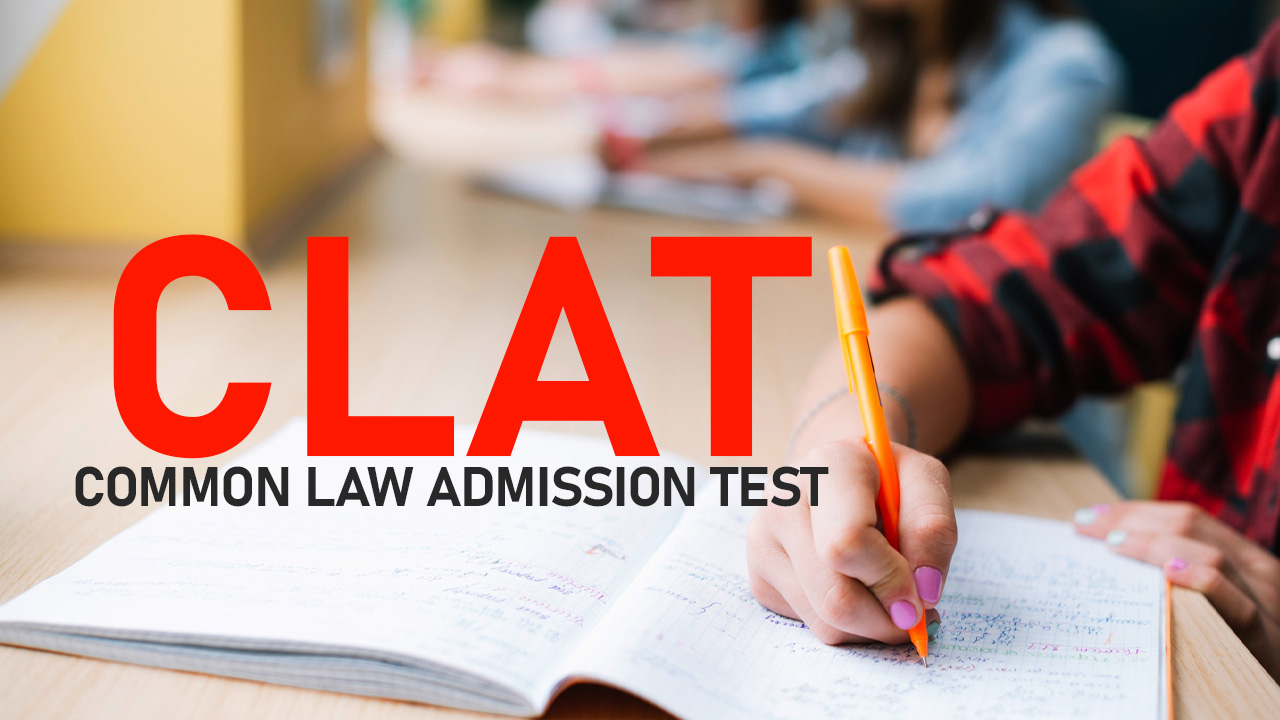 |
|
The Indore bench of the Madhya Pradesh High Court took up a significant legal challenge on December 23rd, 2024, concerning the answer key for the Common Law Admission Test – Postgraduate (CLAT-PG) 2025 examination. The petition, filed by advocate Ayush Agrawal, contests the Consortium of National Law Universities' (CNLU) actions on several grounds, primarily focusing on the exorbitant fee levied for raising objections against the provisional answer key and alleged procedural irregularities that the petitioner claims violate fundamental rights guaranteed by the Indian Constitution.
The core of Agrawal's argument centers around the ₹1000 fee imposed per objection to the provisional answer key. This high fee, he contends, created a significant barrier for many candidates wishing to challenge potentially incorrect answers. The petitioner argues that this financial hurdle disproportionately affects candidates from lower socioeconomic backgrounds, leading to an unequal playing field and thereby violating Article 14 (Right to Equality) of the Constitution. Furthermore, the petitioner links the potential for erroneous answers in the key to a violation of Article 21A (Right to Education) because incorrect answers can ultimately lead to a denial of educational opportunities based on an assessment which is not demonstrably reliable and valid.
The petition also addresses broader concerns regarding the overall conduct of the CLAT-PG 2025 examination. Agrawal claims the examination process suffered from “procedural lapses,” which remain unspecified in the provided text. He argues that these lapses, in conjunction with the high objection fee, constitute unequal treatment of candidates and violate their fundamental rights. The petitioner's claim that he could not afford to challenge the answer key due to the hefty fee suggests a fundamental flaw in the design of the process for appealing a provisional answer key for a competitive exam like this.
The Madhya Pradesh High Court's response was prompt. The division bench, comprising Justice Subodh Abhyankar and Justice Gajendra Singh, issued a notice to the CNLU, directing them to respond expeditiously within three weeks. The court's decision to issue the notice through email reflects a modern approach to legal proceedings. Significantly, the court ordered that any selection made based on the final answer key would be subject to the outcome of the petition, ensuring that any decision reached in the case is not prejudiced by the final answer key being already in effect.
The court's proactive stance is notable given the timeline of events. The CLAT-PG 2025 exam was conducted on December 1st, with the provisional answer key released on December 2nd. The short window – from 4:00 PM on December 2nd to 4:00 PM on December 3rd – for submitting objections, coupled with the high fee, severely limited the opportunity for candidates to challenge the answer key. The Final Answer Key was released on December 8th after the objection window had closed, with only eight questions revised. The fact that the Supreme Court directed Agrawal to pursue the case in the relevant High Court illustrates the importance of adhering to proper jurisdictional procedures and the courts' efforts to ensure that judicial resources are deployed judiciously and efficiently.
The case highlights a critical issue concerning the balance between ensuring fair and transparent examinations and managing the administrative burden of responding to challenges to results. The high fee for raising objections raises concerns about accessibility and equity. The court's decision to hear the petition and the subsequent order to put any selections based on the final key on hold demonstrates a commitment to ensuring justice and fairness in the context of competitive entrance exams. The January 8th, 2025 hearing date will be pivotal in determining the outcome of the petition and setting a precedent for future CLAT examinations and potentially other competitive entrance exams with similar objections processes.
This case is not simply about the ₹1000 fee. It raises broader questions about the fairness, transparency, and accessibility of high-stakes entrance examinations in India. The court's decision to issue a notice and defer final decisions until the case is resolved indicates a sensitivity to the potential for significant injustices arising from flawed examination processes. This case could significantly impact future implementation of objection-handling procedures across many entrance examinations across India.
The legal challenge underlines the importance of robust mechanisms for addressing concerns related to answer keys in high-stakes examinations. The ₹1000 fee is arguably excessive, potentially discouraging legitimate challenges based solely on candidates' financial capabilities. Such challenges must be addressed, both from a legal perspective and through improved procedural practices by exam-setting bodies, to create an environment where all candidates have a fair chance of success based purely on their knowledge and understanding of the examination material, irrespective of their economic background.
This case sets a precedent for future legal challenges to answer keys in competitive examinations. The outcome will significantly impact not only the candidates participating in CLAT-PG 2025 but also future aspirants, driving the need for more accessible and transparent objection resolution processes. The Madhya Pradesh High Court’s active involvement ensures a judicial scrutiny of the CNLU’s practices, creating a pathway for fairer and more equitable educational opportunities. The court’s decision to hear the case demonstrates a commitment to judicial oversight in ensuring accountability and fairness in educational entrance exams, a critical aspect of promoting equal opportunity and access to higher education in India.
